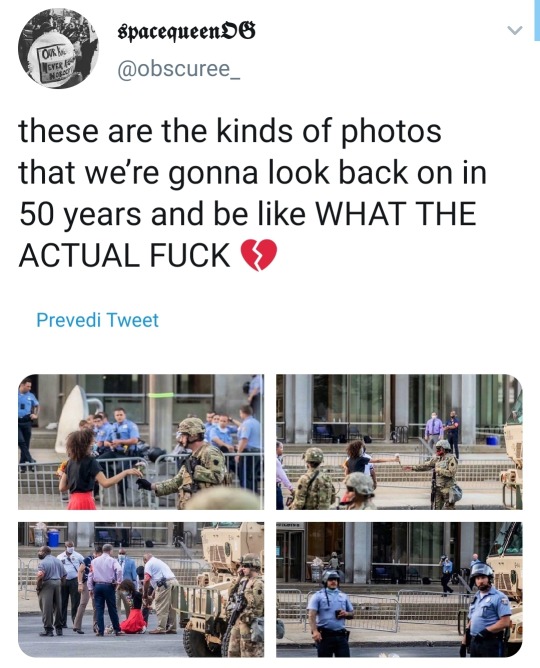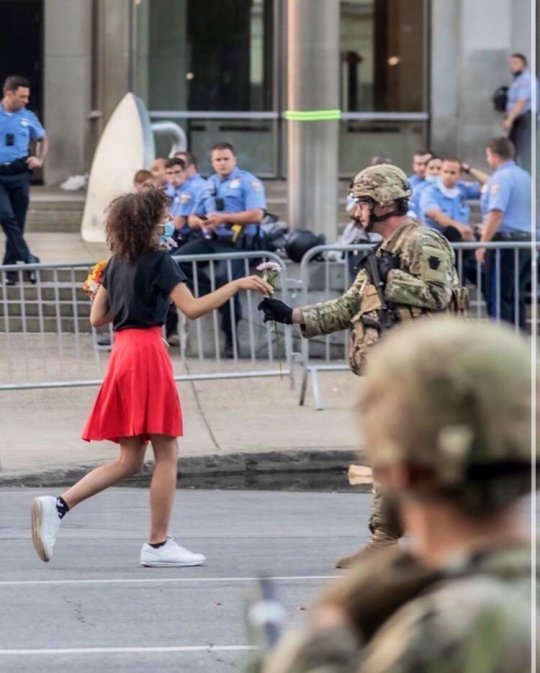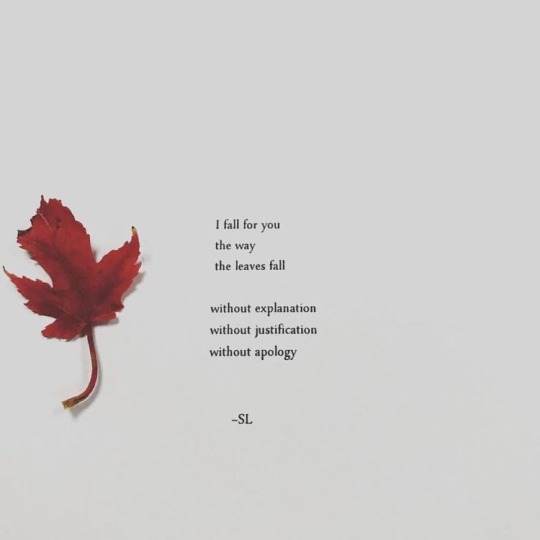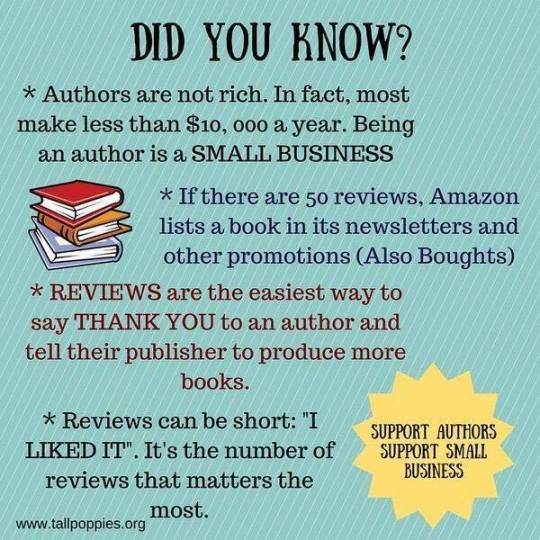Text
“No act of kindness, no matter how small, is ever wasted.”
— Aesop (via thepersonalwords)
1K notes
·
View notes
Text
20% is better than 0%.
Brushing your teeth at least once every day is better than none at all.
A few hours of sleep is better than none.
A few minutes outside for fresh air is better than none.
Writing a few paragraphs of the essay today is better than procrastinating till later.
Doing something is better than nothing (of course there is exception for some cases).
Do things at a pace which makes you comfortable whilst allowing you to make progress.
You can do this!
#you and i havent talked in a while#i hope youre doing well#and if not#im hoping things get better for you#they will so dont worry too much#this is still a safe place for you#always#<3
177K notes
·
View notes
Text
one of the best pieces of writing advice i’ve ever gotten:
if a scene isn’t working, change the weather.
it sounds stupid, but seriously, it works. thank u to my screenwriting professor for this wisdom
30K notes
·
View notes
Text
words have so much weight. please be kind.
35K notes
·
View notes
Text
you’re not a failure just because you’re not where you thought you’d be by now
93K notes
·
View notes
Photo
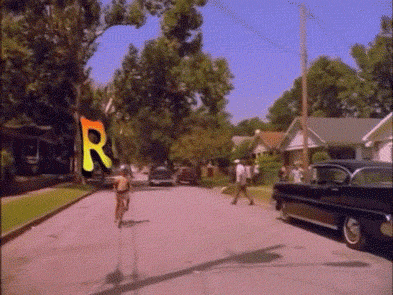

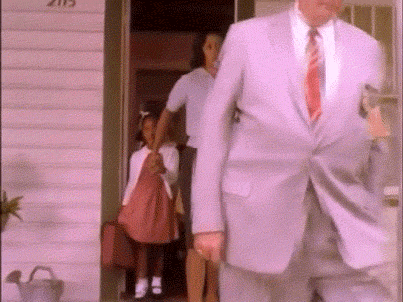
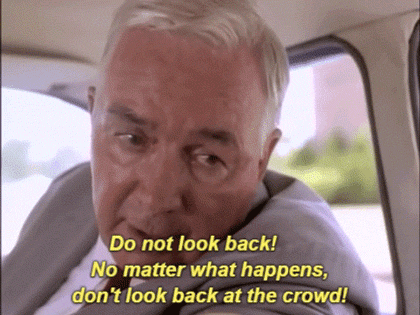


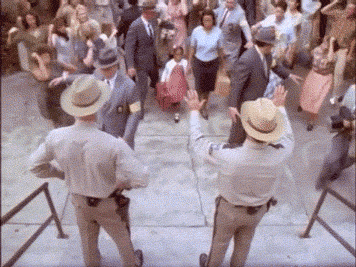



Ruby Bridges was the first black child to desegregate the all-white William Frantz Elementary School in Louisiana during the New Orleans school desegregation crisis in 1960.
This movie made me cry, I was so heart broken by how Ruby Bridges was treated! She was only 6, but was so strong. She is a very brave girl and she did not care what the white folks called her.
People are simply disgusting to minimize people by skin color!
Ruby you might not think you’re a hero… But to other people you are! You are A HERO and you are A PERSON WHO MADE AMERICA CHANGE!
526K notes
·
View notes
Text
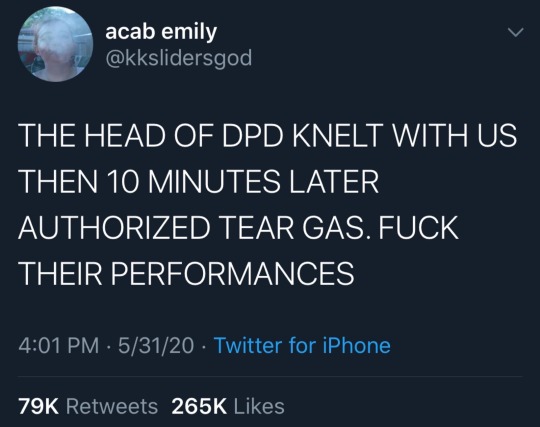


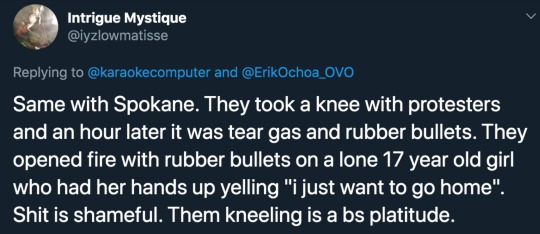
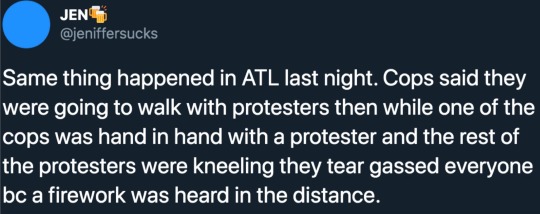
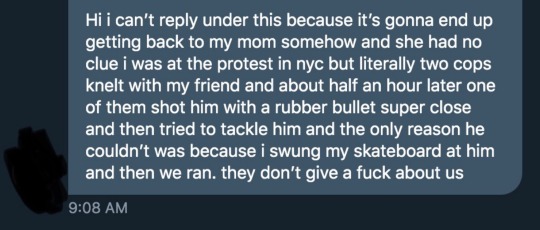

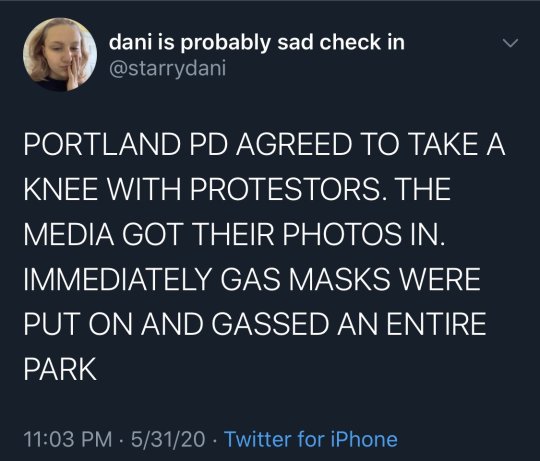
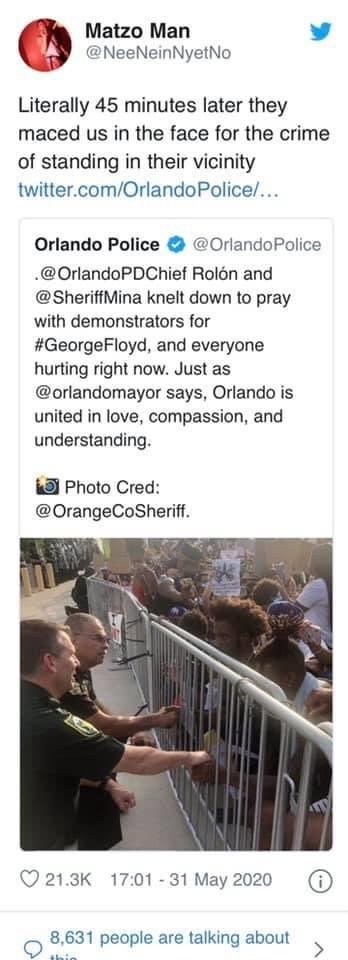

dont believe those posts about cops kneeling with protesters
propaganda is fascisms biggest weapon
28K notes
·
View notes
Text
THINGS WHICH MAKE WRITERS ANXIOUS:
not writing
writing
people reading their stories
people not reading their stories
148K notes
·
View notes
Text
One day I’m gonna read a bestseller with your name on it
2K notes
·
View notes
Text
12.3.20
You won’t remember any of this when you’re older.
34 notes
·
View notes
Text
reading my own writing: boy, you sure like your commas, don’t you,
204K notes
·
View notes
Text
some mini collections of tips for writers
(based on things that yours truly notices as a freelance editor. This list is in no way complete, and will probably be added to as I continue to find repeated mistakes)
Dialogue
Use beats in your dialogue to break it up. Even “said” can make a very effective beat between lines.
(No beats: “It’s not lethal. Just highly dangerous with a good chance of being mutilated.” // Beats: “It’s not lethal,” he said. “Just highly dangerous with a good chance of being mutilated.”)
Note how the break allows a bit of a pause for ~dramatic effect
thinking of dialogue, use punctuation and distinct speech patterns! “Life, uh, finds a way.” is an iconic line anyway, but Jeff Goldblum’s signature verbal tic gives it character.
It’s okay if characters stutter. Don’t let the condemnation of stuttering characters as “cringey” in fanfic put you off. (and on that note, fuck cringe culture. Seriously. It saps all the fun out of creativity and fun is important.)
Start! A! New! Line! Whenever! Someone! New! Speaks!!
DO NOT FEAR THE WORD “SAID”
Setting & Blocking
Use the landscape and settings around your character, and always, always remember a scene’s blocking. Where is everything in relation to your characters? Have you left someone holding a coffee cup for the last three scenes? Did you lose a character somewhere along the way?
using the contents of a scene is also great for fight sequences.
Similarly, large character casts are hard to keep track of so don’t be afraid to break them up. Sending someone off somewhere else can create some nifty little subplots.
Keep a personal note of how time passes. Trust me, it’s incredibly helpful to you as a writer and also for future readers.
Characters
Character growth does not have to be positive. Sometimes characters fail or suffer or get their motivations twisted up, and they finish the book as a villain rather than a hero.
All that matters is that a character changes throughout the plot in a way that readers can see; the sort of change they go through is entirely up to you.
scrap the idea that someone has to deserve a redemption arc. They probably don’t deserve it, which is the whole point. So don’t be afraid to make your villains seem completely irredeemable.
and you don’t need to redeem your antagonists in order to make them complex, sympathetic villains, anyway. Sometimes people get so stuck in their beliefs that they can’t see another way and it goes too far. Not everyone comes back from that.
Also, motivations and goals can absolutely change. That’s okay. You just need to have something that drives your character so that your readers are rooting for them.
Protagonists don’t need to be heroic. How you define the protagonists and antagonists in your story is based entirely on the morality in your story-world, NOT the moral ideas in the real world. What counts as a complex protagonist in a world torn apart by biological warfare will be very different than one living in our world.
Prose & Grammar
simple prose is just fine and you don’t need to fluff it up for pretty quotes.
Remember to vary your sentence structures and length. Start smaller and build it up, drawing your reader’s attention.
“And” and “But” are very valid sentence starters that are great for communicating the tone of internal narrative. You’re allowed to tweak grammar if that’s helpful for telling the story, it just needs to be accessible. Test out what you’ve written on other people.
Check that your tenses are consistent!!
25K notes
·
View notes
